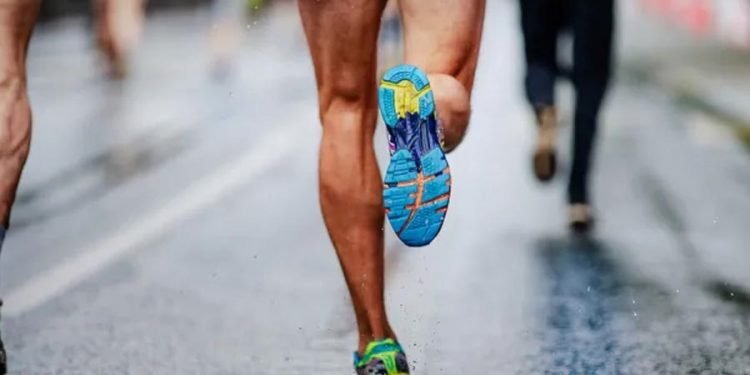We’re getting towards marathon season and for many the hard work of training will be coming to its climax. It’s no mean feat completing a marathon and it takes a lot of hard work, dedication and sacrifice. And for many, that includes quitting the booze!
Of course, that is much easier for some than others, especially these days with the rapid rise of addiction and more people than ever before in alcohol rehab. In fact, for many who go to rehab, getting sober is one of the main inspirations to then take on a marathon.
If you’re about to embark on training, or are getting to the business end of it, then you should think about your alcohol intake, as it can throw some real curveballs into your training, in a number of ways. Here are five ways alcohol can affect your marathon prep…
Dehydration
Alcohol is a diuretic, which means that it can cause dehydration by increasing urine output. This can be particularly harmful for marathon runners, who need to stay hydrated in order to maintain peak physical performance. Dehydration can lead to muscle cramps, headaches, and a decrease in energy levels, making it harder to stick to your training schedule.
Delayed recovery
Alcohol consumption can delay recovery after a training session or race. This is because alcohol interferes with the body’s ability to repair and regenerate muscle tissue. The more alcohol you consume, the longer it takes for your muscles to recover, which can interfere with your ability to stick to your marathon training schedule.
Increased risk of injury
Alcohol consumption can increase your risk of injury during marathon training. This is because alcohol impairs your coordination, balance, and reaction time. This can make it more difficult to navigate uneven terrain, avoid obstacles, and react quickly to changes in your surroundings. Running under the influence of alcohol is never recommended and can lead to serious injuries.
Disrupted sleep
Alcohol consumption can disrupt your sleep patterns, which can have a negative impact on your marathon training. Getting adequate rest and sleep is crucial for recovery, muscle repair, and energy levels. Drinking alcohol can lead to disrupted sleep patterns, which can make it harder to get the rest you need to support your marathon training.
Nutrient depletion
Alcohol can interfere with your body’s ability to absorb and utilise nutrients, which can have a negative impact on your marathon training. Nutrients like vitamins B and C, iron, and magnesium are crucial for optimal physical performance. Drinking alcohol can deplete these nutrients from your body, making it harder for you to meet your marathon training goals.












